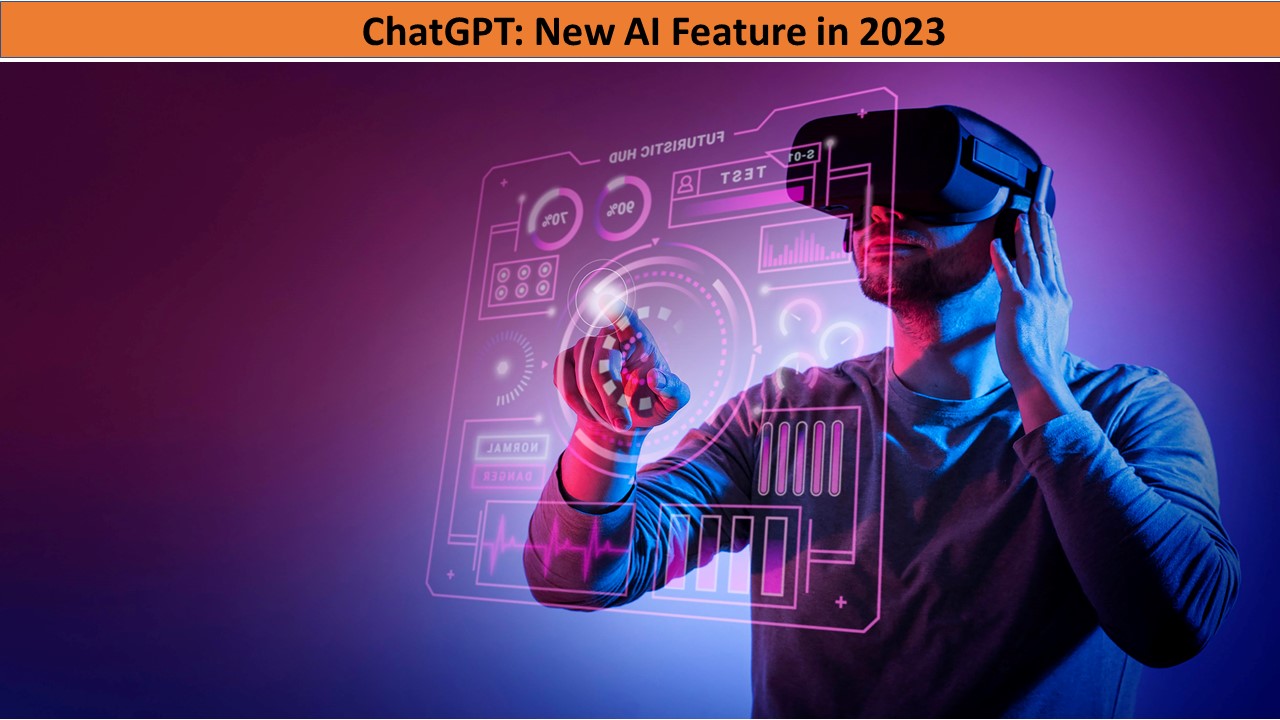Table of Contents
Basic Information
ChatGPT is a large language model developed by OpenAI. It is a variant of the GPT (Generative Pre-trained Transformer) model and is trained on a dataset of conversational text, making it particularly well-suited for generating human-like text in a variety of formats, including chatbot responses and text completion tasks.
The model is pre-trained on a massive amount of text data, and can be fine-tuned for specific applications or tasks. The model can do a lot of things like:
- Responding to user input in a conversational manner
- Generating text in a specific style or on a specific topic
- Translating text from one language to another
- Summarizing long text passages
- Answering questions.
AI, or artificial intelligence, is the simulation of human intelligence in machines that are programmed to think and learn. It has the ability to understand, reason, and make decisions, allowing machines to perform tasks that would normally require human intelligence.
Read Also: Zombie Apocalypse?
There are several types of AI, including rule-based systems, which follow a set of predefined rules to solve problems, and machine learning systems, which use algorithms to learn from data and improve over time. The most advanced form of AI is deep learning, which uses neural networks to process data and make predictions.
AI has the potential to revolutionize many industries and improve our daily lives, from healthcare and transportation to education and entertainment. It can help diagnose diseases, drive cars, and even create art. However, as with any new technology, there are also concerns about the impact of AI on jobs, privacy, and security.
ChatGPT official Website: Click Here
It is important to consider the ethical and social implications of AI, as well as its potential benefits, as we continue to develop and integrate this powerful technology into society.
- AI can simulate human intelligence and perform tasks that normally require human intelligence, such as understanding natural language, recognizing images, and making decisions.
- AI can be divided into different categories, including rule-based systems, machine learning systems, and deep learning systems.
- AI can improve efficiency and accuracy in many industries, including healthcare, transportation, education, and entertainment.
- AI can also have negative impacts on society, such as job displacement, privacy concerns, and security risks.
- The ethical and social implications of AI must be considered as the technology continues to advance and be integrated into society.
Read Also: How to deal with toxic friends?
Negative Consequence of AI
- Job displacement: As AI systems become more advanced, they may replace human workers in certain industries, leading to job loss and economic disruption.
- Bias and discrimination: AI systems can perpetuate and even amplify bias in data sets, leading to unfair and discriminatory outcomes.
- Privacy concerns: The use of AI in surveillance and data collection raises concerns about privacy and civil liberties.
- Security risks: AI systems can be vulnerable to cyber attacks and may be used to carry out malicious activities.
- Dependence on technology: As society becomes increasingly reliant on AI systems, there is a risk of losing important skills and becoming dependent on technology.
- Lack of accountability: As AI systems become more autonomous, it can be difficult to hold individuals or organizations accountable for their actions.
- Misuse: AI can be used for harmful purposes, such as creating deepfake videos, spreading misinformation, and even weaponization.
It’s important to note that AI is a powerful technology with many potential benefits, but it’s important to consider the potential risks and to take steps to mitigate them. This can include developing regulations, guidelines, and best practices to ensure that AI is used ethically and responsibly.
History of AI
Let’s talk about history of AI, the concept of artificial intelligence (AI) was first introduced in the 1950s by a group of researchers, including John McCarthy, Marvin Minsky, Nathaniel Rochester, and Claude Shannon. They organized a conference at Dartmouth College in 1956, where they proposed the idea of creating “machines that think” and coined the term “artificial intelligence.”
During the early years of AI research, the field was primarily focused on developing programs that could mimic human intelligence, such as playing chess or solving mathematical problems. However, progress was slow and funding was limited.
It wasn’t until the 1980s and 1990s, with the advent of faster and more powerful computers, that AI began to make significant advancements. This period saw the development of new AI techniques, such as expert systems and neural networks, and the emergence of subfields like machine learning and deep learning.
Nowadays, AI is a growing field with a wide range of applications, thanks to the development in the computer power and the amount of data available for training the models.





Pingback: Entrepreneurship in India - Bollywood Masala
Yes!